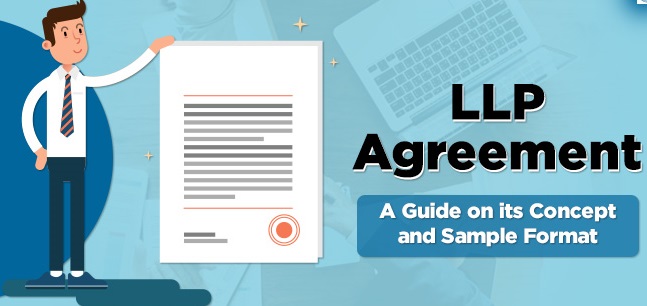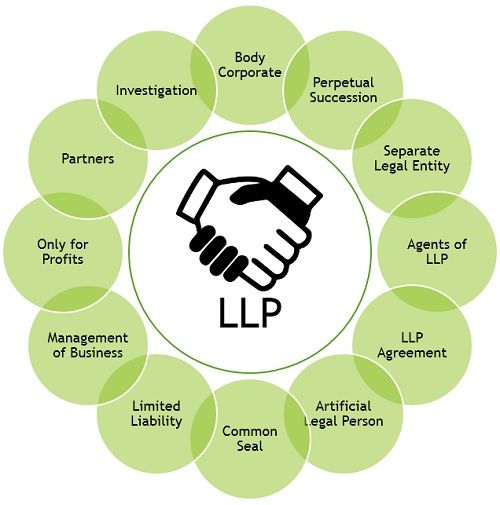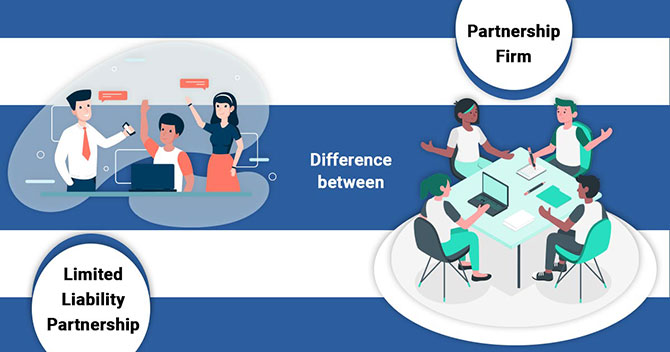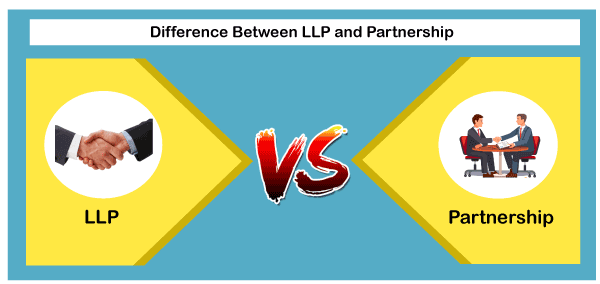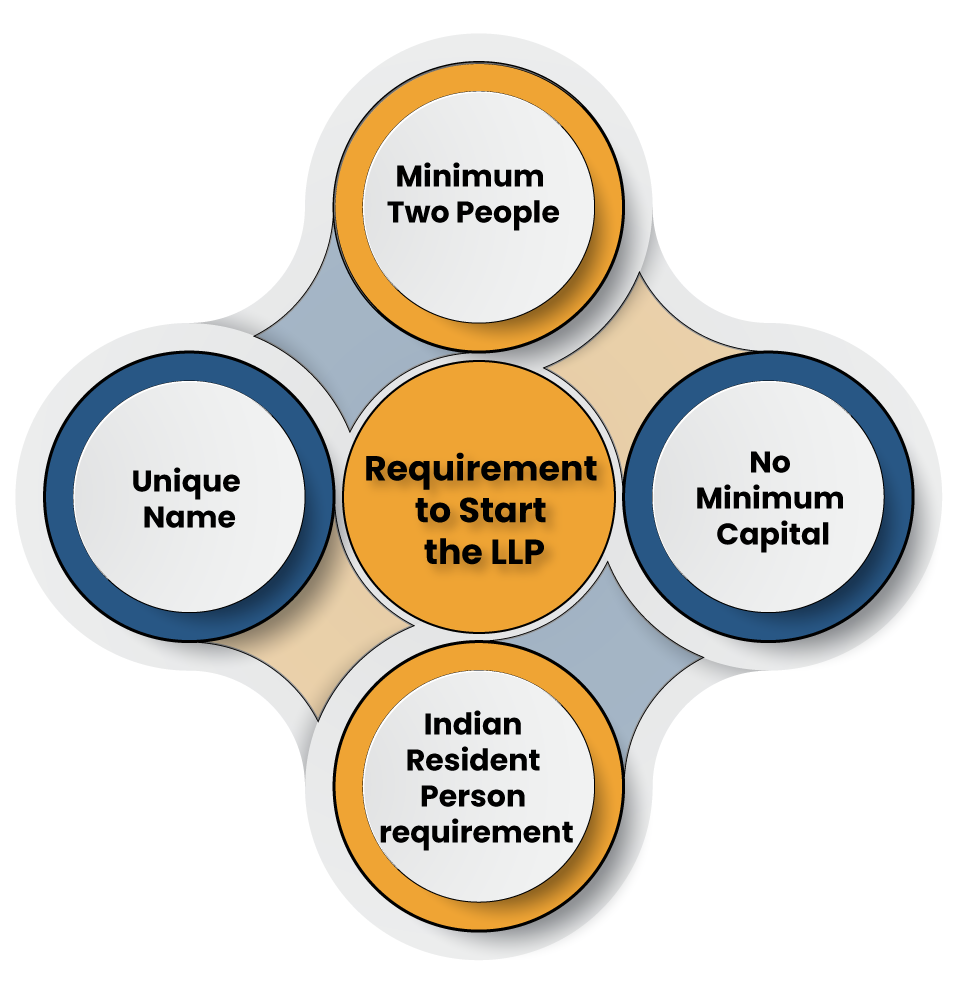What LLPs agreement?
LLPs Agreement The LLP agreement typically includes the following key provisions: 1. Name and Address: The agreement begins with the name of the LLP and the registered office address. 2. Business Purpose: The agreement specifies the nature of the LLP’s business and the activities it will undertake. 3. Contributions: It outlines the capital contributions… Read More »
